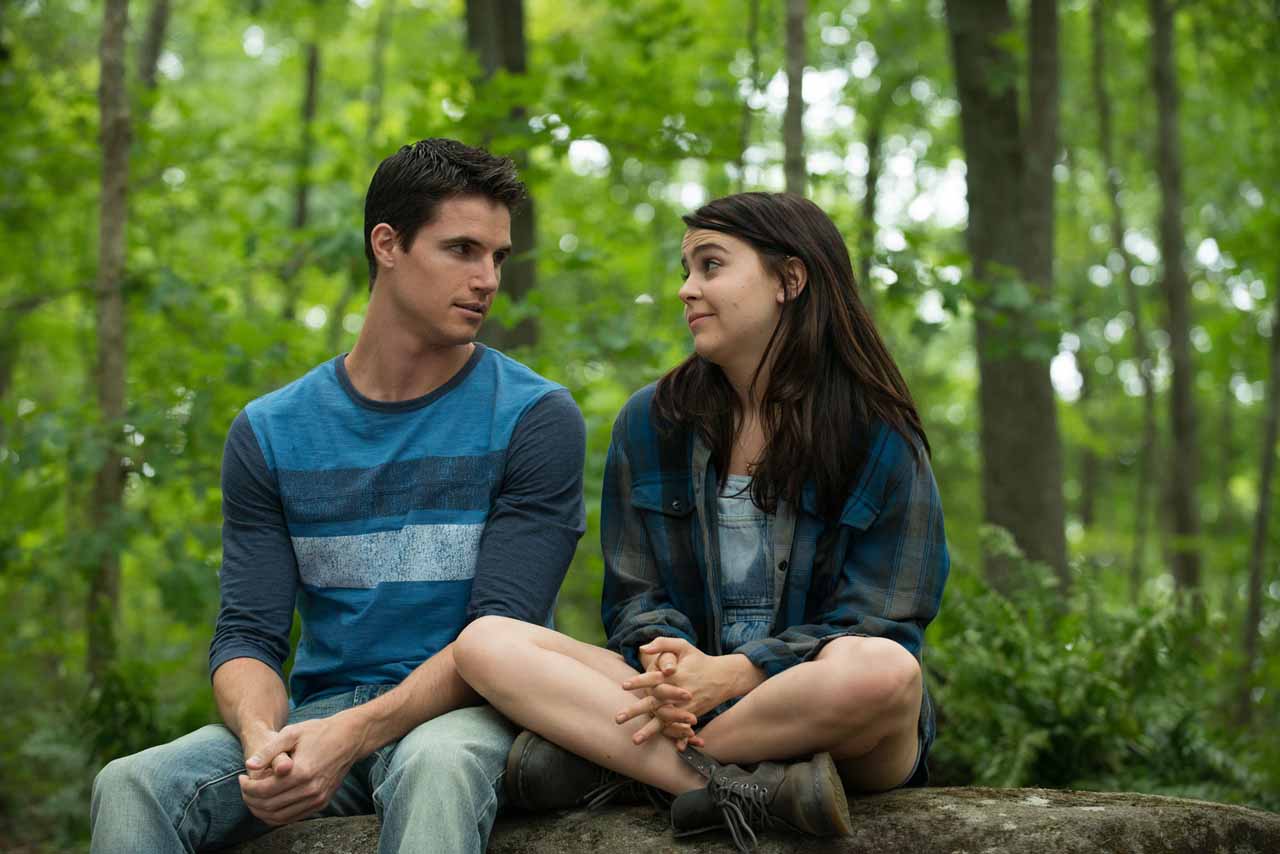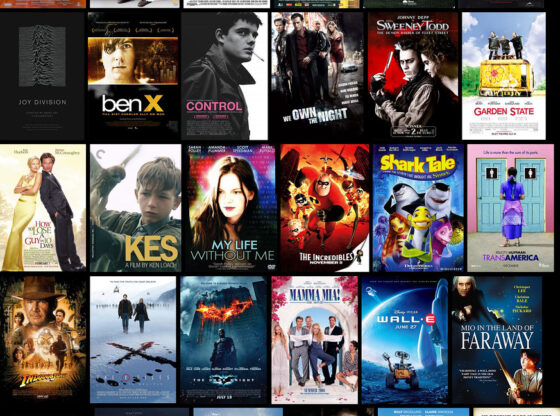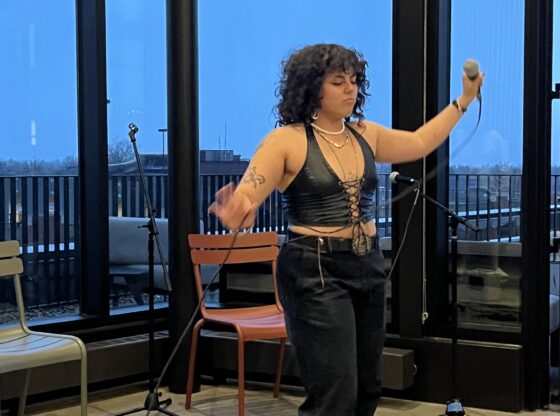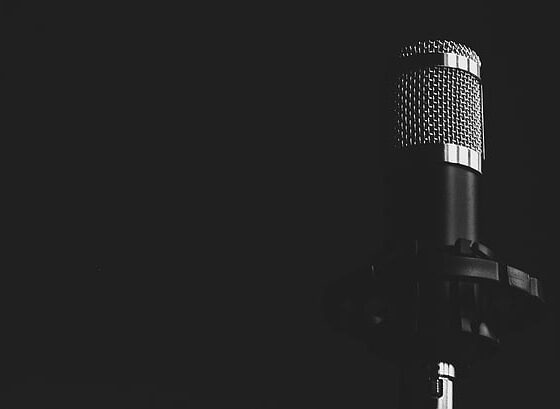“The Duff,” which will be released Feb. 20, is a Hollywood love story. Luckily for audiences who have tired of cliché happily-ever-afters, this one is a tale of self-love as unique and smart as the main character herself.
In a chess-set of high school characters, one proclaimed nerd Bianca (Mae Whitman, “Parenthood”) seems to be the typical in-betweener. Neither gorgeous nor hideous, she floats on a precarious chasm of “average.” Bianca engages in the typical activities, writes for her high school paper, puts little thought into her appearance, and lives harmoniously with her two best friends, Jess (Skyler Samuels, “The Stepfather”) and Casey (Bianca A. Santos, “Ouija”).
Her life changes overnight when childhood-playmate-turned-football-quarterback Wesley (Robbie Amell, “The Hunters”) breaks it to her that she is the “duff” of her trio. When he tells her the definition of “DUFF,” or Designated Ugly Fat Friend, she becomes angry, and, at first, refuses to believe it.
The film’s strength is due in large part to the great cast that manages to bring this potentially disastrous screenplay to life.
Whitman brings charm and quirkiness to Bianca, nailing the eye rolls and often melodramatic tantrums of a “duff,” notably in the scenes where she interacts with Wes. The two have chemistry obvious to everyone but them, and the subtle romantic undertow of the plotline is easy and engaging to follow. Amell is the perfect counterpart to Bianca’s snark, handing out liners like “you need to dress less like Wreck-it Ralph.” And no one can forget Bella Thorne as Madison, the ultimate mean-girl—and arch villain—of Bianca’s high school.
After overcoming denial, Bianca becomes determined to change this label. She decides to strike a bargain with ladies’ man Wesley, and promises to help him with his schoolwork if he helps her lose the DUFFness.
The plot unravels at parts in the middle, as Madison’s threats towards Bianca becomes petty and repetitive. Luckily, it picks up as Bianca pursues her love interest, Toby. Although this might be the only surprising part in the whole movie, it has enough entertaining moments to keep anyone from falling asleep. However, despite it’s rating of PG-13, the humor is much more suited to college than high school, with several overtly sexual themes.
Beyond the usual story line, the film addresses the difference between appearance and reality, when Bianca abandons her shyness and turns into strength.
Fortunately, this isn’t a mere cosmetic change. Even though Wes guides her through the equivalent of several modern-day etiquette lessons, the morality of the story comes through loud and clear.
Forced to shield herself from threats against her identity, Bianca comes to realize the most important lesson of all, which is self-acceptance. Despite Madison’s best attempts to destroy Bianca and eternalize her popularity, the lesson still remains. In a pointed climax, Bianca addresses the irrelevance of social status and declares (in a moment everyone wishes they could’ve had in high school) the importance of accepting yourself, regardless of what the world labels you.
Despite occasional predictability, the themes presented reiterate an important and heartwarming lesson—love yourself at all costs—and tell whoever says otherwise they can go DUFF themself.











